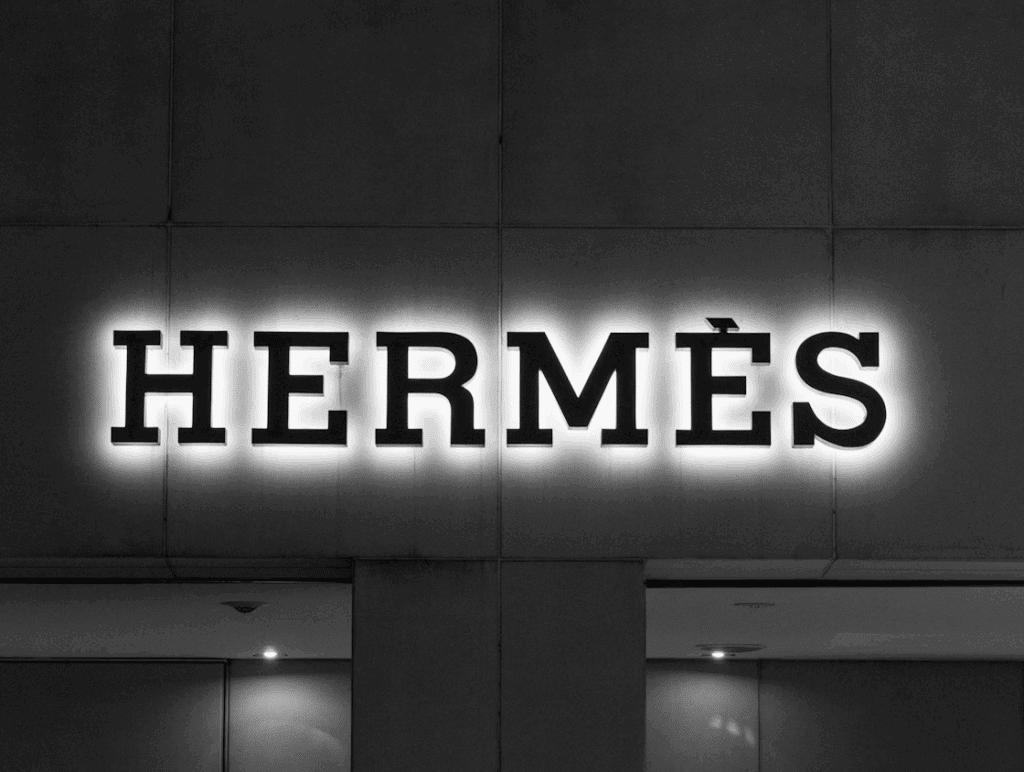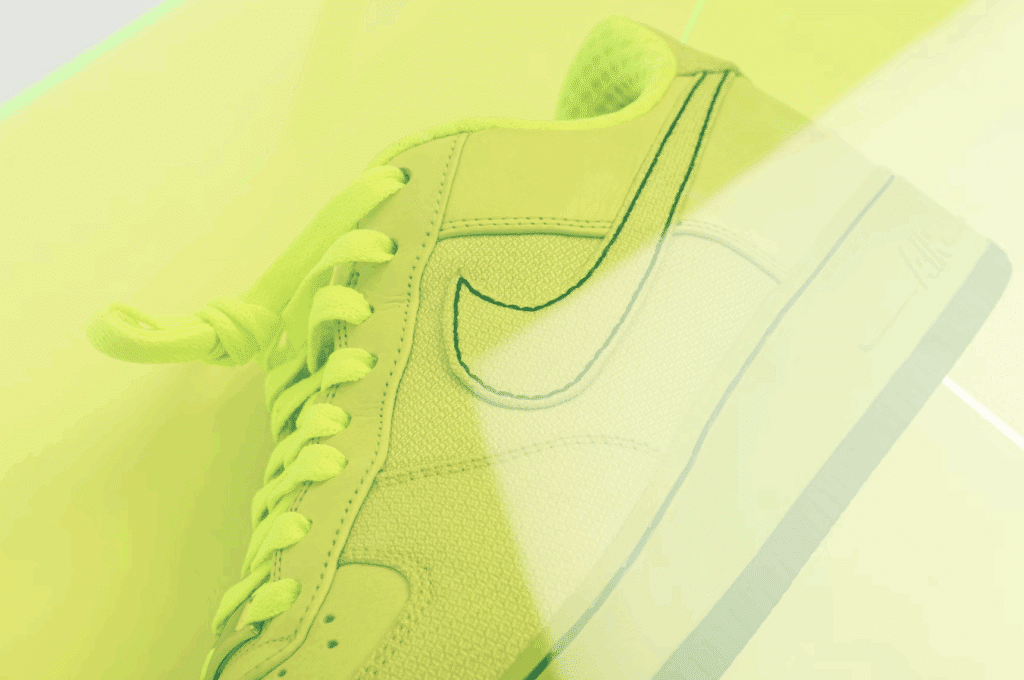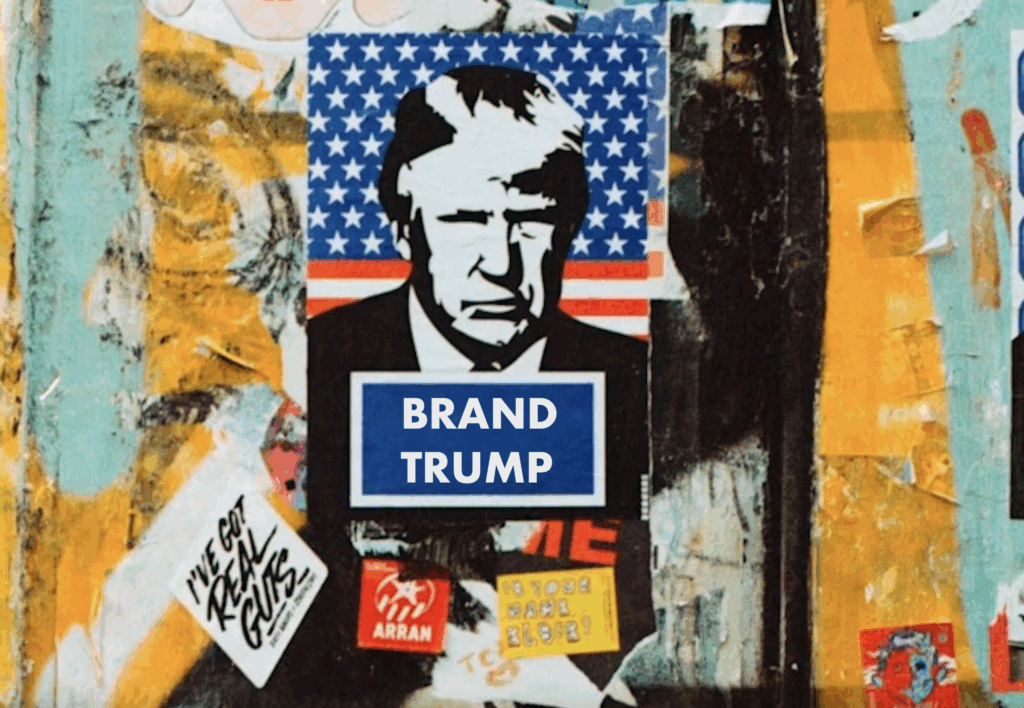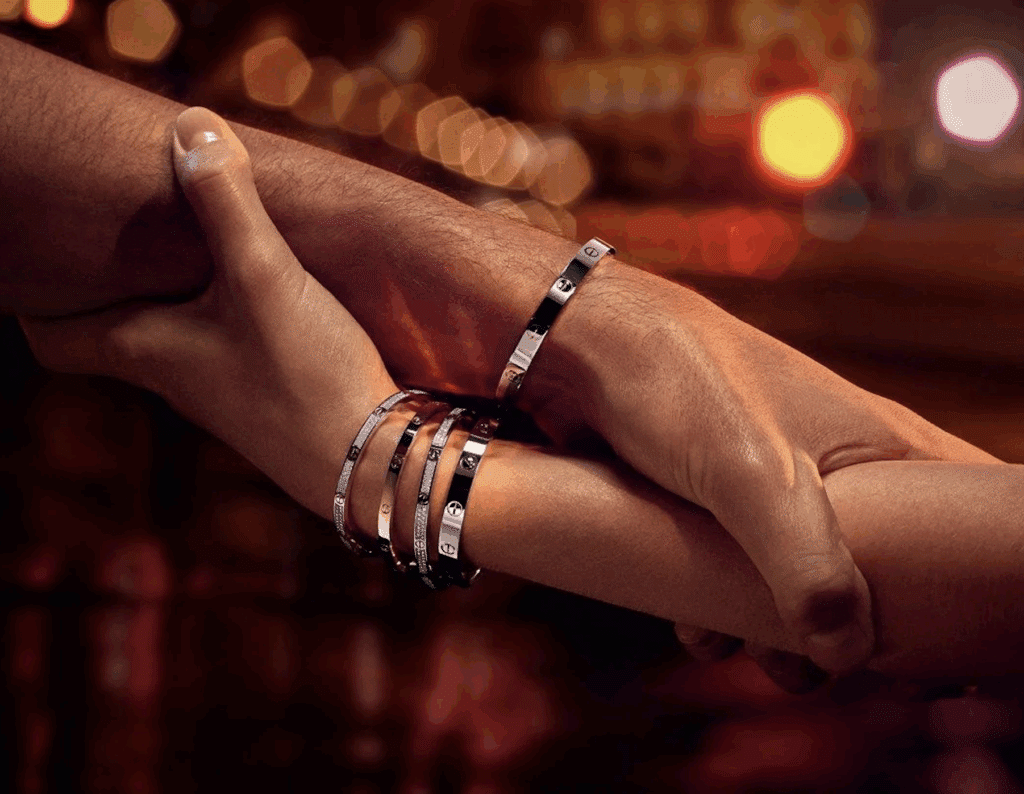Nike has secured a permanent injunction and an undisclosed sum of money in a settlement with a cult sneaker customizer. In a proposed judgment and order lodged with a New York federal court this week, Nike and the Shoe Surgeon, along with its founder Dominic Ciambrone and his associated entities (collectively, the “defendants” or “Shoe Surgeon”) alerted the court that they have entered into a confidential agreement to settle the trademark infringement and counterfeiting case lodged by Nike and the defamation counterclaim filed by the defendants.
The proposed judgment, which was filed with the U.S. District Court for the Southern District of New York on June 18, represents a resolution reached by the parties and imposes broad restrictions on the defendants’ future commercial conduct, including a bar on using Nike trademarks, altering and reselling otherwise authentic Nike sneakers in a way that suggests affiliation with or approval by Nike, and using Nike branding in marketing, among other things.
The Background in Brief: Nike filed suit in July 2024, accusing the Shoe Surgeon of manufacturing and selling unauthorized sneakers bearing Nike’s registered trademarks. In particular, Nike alleged that the defendants are not customizing otherwise authentic Nike sneakers, and instead, are creating entirely new shoes that mimic the look and branding of Nike products, without Nike’s “involvement, oversight, or authorization.”

Shortly thereafter, Nike publicly reinforced its position, stating that the Shoe Surgeon was “constructing counterfeit ‘Nike’ footwear from scratch and selling it as officially branded product,” while also “teaching others to create counterfeit ‘Nike’ sneakers.” The Shoe Surgeon responded with counterclaims, in which it argued that Nike’s use of terms like “counterfeit” is defamatory and mischaracterized their work, which they describe as “customization,” not counterfeiting.
A Confidential Settlement
At the heart of the parties’ stipulated judgment is an array of restrictions that limit how the Shoe Surgeon may use Nike branding. For instance, the judgment states that the Shoe Surgeon is barred from: selling, marketing, or distributing any products bearing Nike trademarks or sneaker design trade dress; combining Nike marks with other branding, including “SRGN” and/or its skull logo; offering “deconstruction” or “reconstruction” classes featuring Nike trademarks; using components or molds to replicate Nike sneaker elements; and implying any affiliation with or endorsement or sponsorship by Nike.
The defendants are also required to remove infringing products from all platforms within 30 days.
At the same time, as part of the settlement, judgment is entered in Nike’s favor on all of its claims, with the defendants acknowledging that, among other things, (1) “their accused ‘customization’ conduct involves creating a brand new ‘upper’ for shoes made from third party materials not sold by Nike and including Nike trademarks that Nike did not manufacture or authorize Defendants to manufacture;” and (2) “their manufacture and sale of shoes with uppers made from third-party materials, and bearing Nike trademarks that Nike did not manufacture or authorize [amounts to] trademark infringement and/or unfair competition and/or civil counterfeiting.”

> The stipulated judgment notes: “Notwithstanding the foregoing, Defendants deny any criminal wrongdoing, and this acknowledgement should not be construed as an admission by Defendants of having engaged in criminal counterfeiting under 18 U.S.C. § 2320 or any other criminal statute.”
A Critical Carveout
While the stipulated judgment appears to depict a sweeping win for Nike, there is a limited exception to the permanent injunction that is worthy of attention: the defendants are permitted to engage in specific “one of one services” – presumably “one of one” customizations. The caveat here is that the defendants include “a clear, conspicuous written disclosure that [their] services are (a) not sponsored by, affiliated with, authorized by, or honored by Nike, (b) may impact the performance of genuine Nike shoes, and (c) such services are provided for personal and non-commercial purposes.”
The inclusion of this exception highlights a critical aspect of the growing clash between brand owners and creators operating in the gray zone of customizations: commercial versus creative use. Not the first time that a court has seemingly made a distinction between the commercial and non-commercial nature of certain customization activity, the Swiss Supreme Court took on the issue in a Rolex-initiated case.
In that case, which Rolex filed against upmarket Swiss watch workshop Artisans de Genève, the court distinguished between customizations carried out at the request of the product owner (with the product being provided to ADG by the owner and then returned in a customized state) and the wider marketing/offering for sale of customized products to consumers. The latter has been found to run afoul of trademark law as a commercial use of another party’s mark, as opposed to a protected form of customization that falls outside of the scope of commercial activities regulated by trademark law.
This distinction – which was central to the Rolex case and now, the exception in the Nike, Shoe Surgeon matter – reinforces a developing legal pattern: courts are willing to draw a line between private, owner-driven customization and the broader commercial exploitation of brands’ trademarks.
The case is Nike, Inc. v. S2, Inc. d/b/a The Shoe Surgeon, et al., 1:24-cv-05307 (SDNY).














